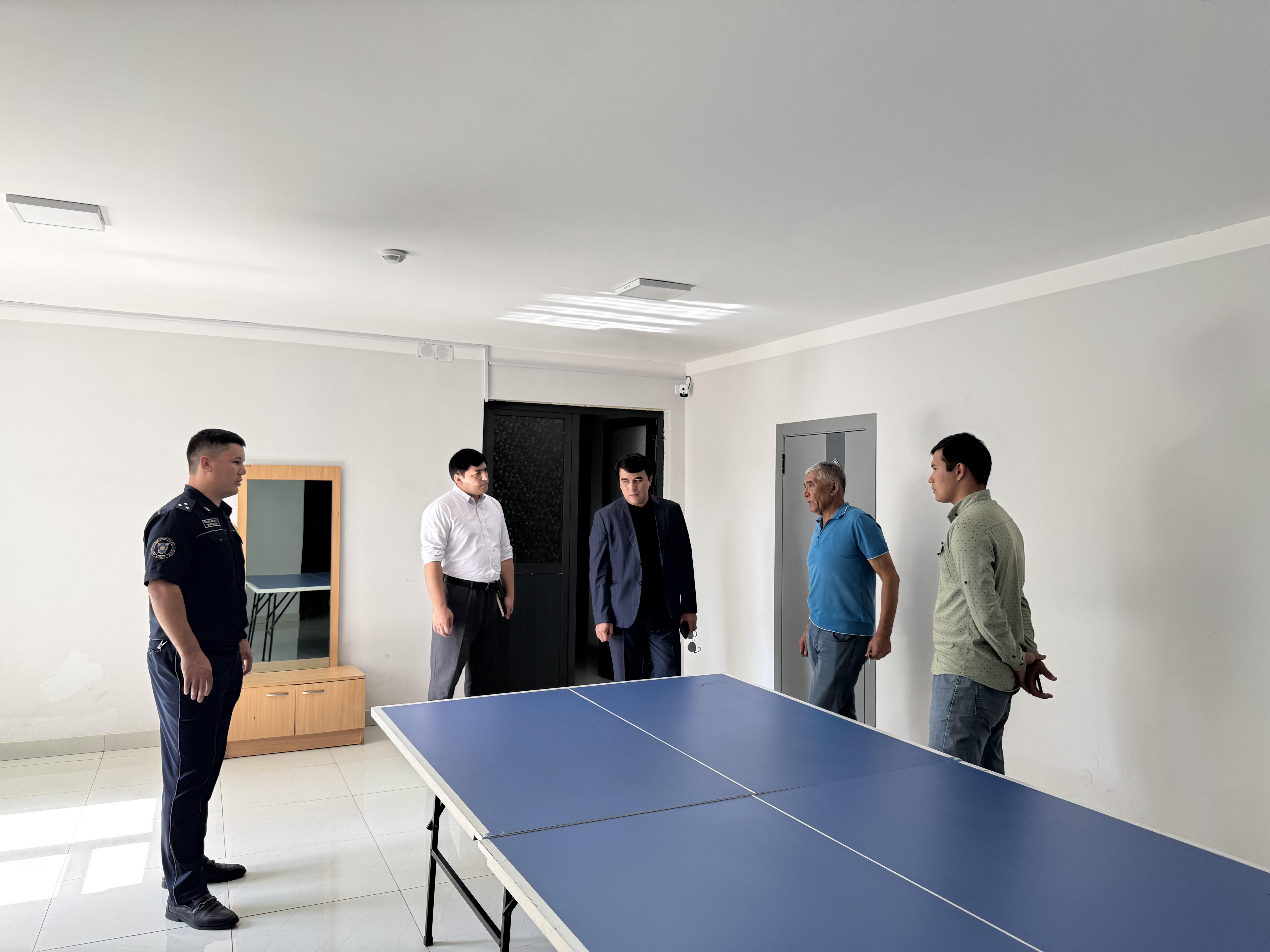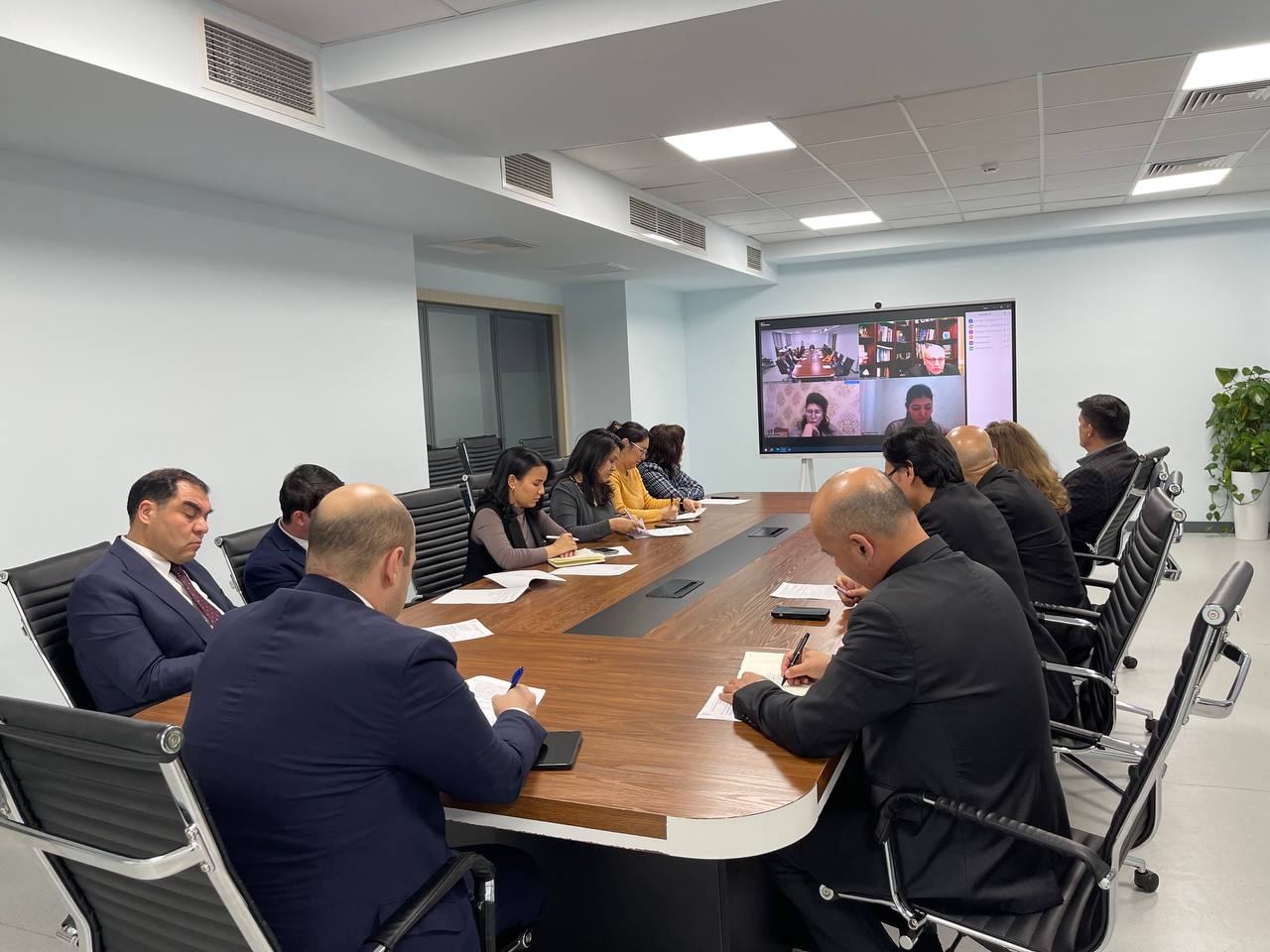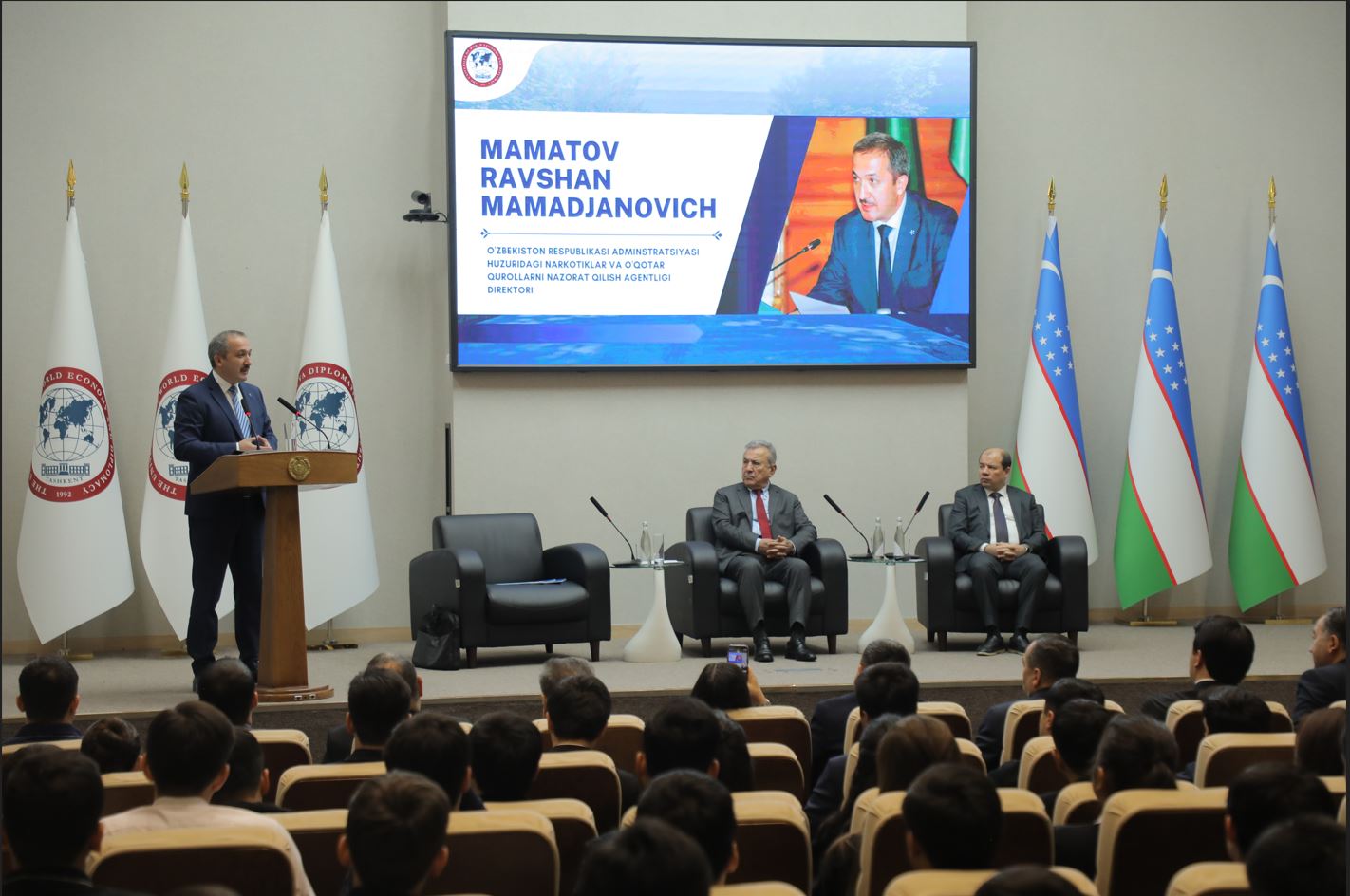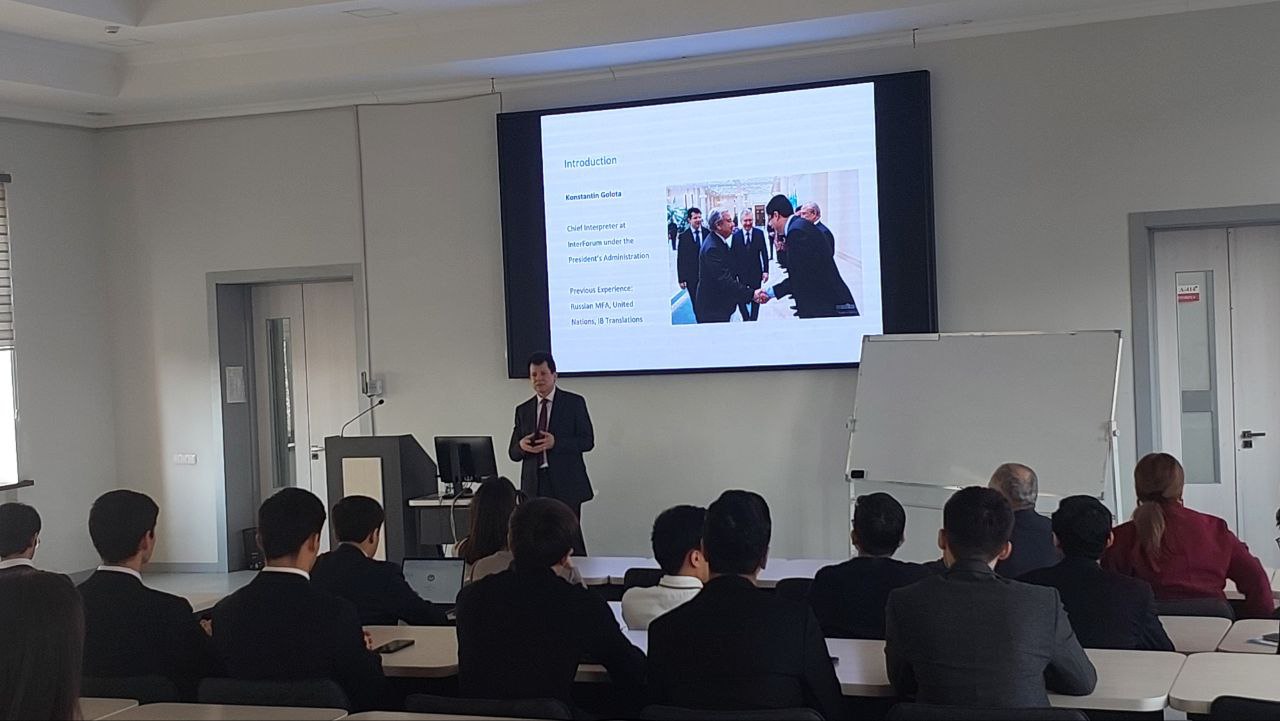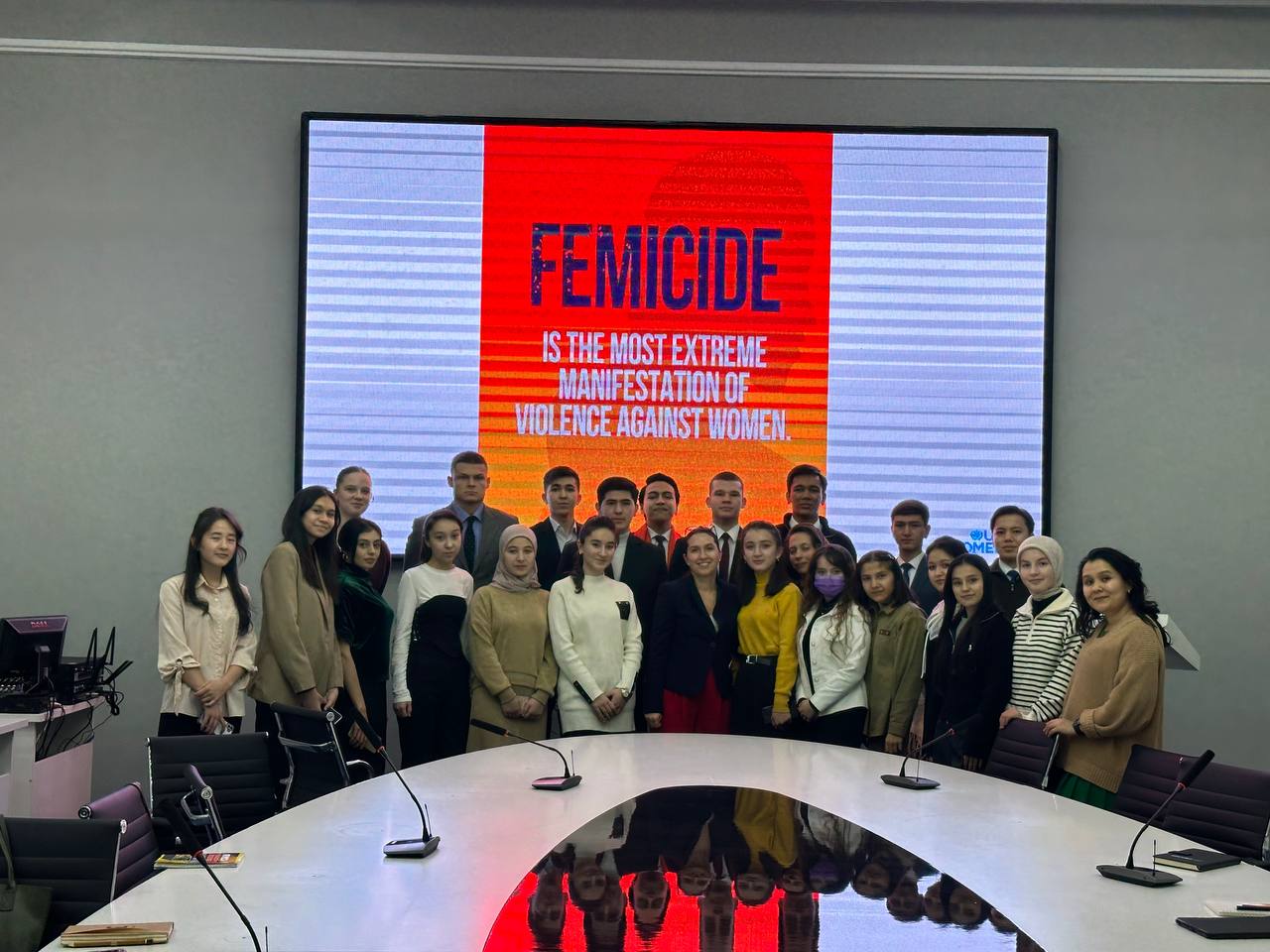
International Conference on Artificial Intelligence: A Step Toward Legislative Improvement
International Conference on Artificial Intelligence: A Step Toward Legislative Improvement
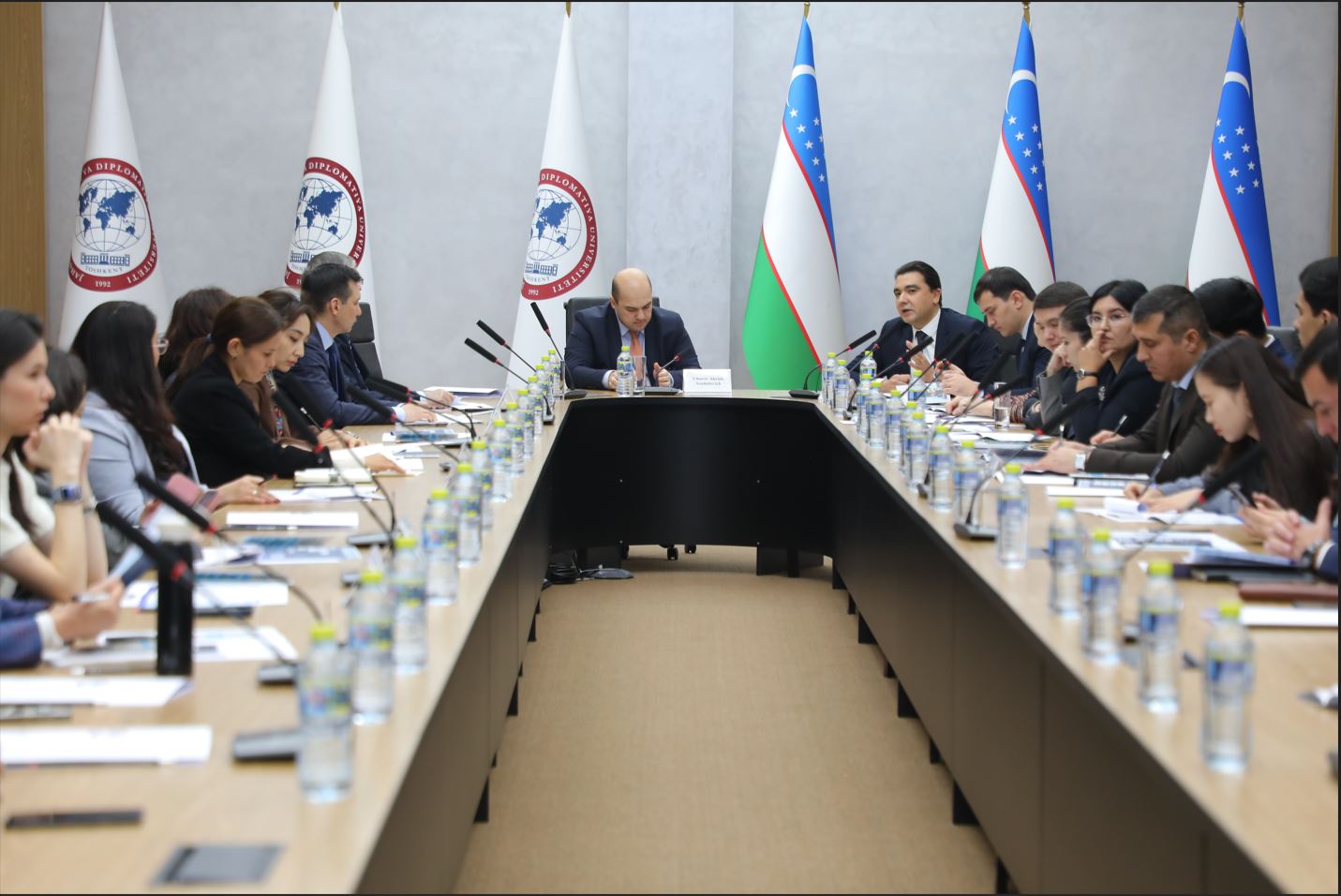
On December 3, 2024, the University of World Economy and Diplomacy hosted an international scientific-practical conference on the topic “Artificial Intelligence and International Law.” The event was organized within the framework of the key directions of the “Uzbekistan – 2030” Strategy and the Strategy for the Development of Artificial Intelligence Technologies until 2030.
The conference marked an important step in the field of education and professional development of representatives of governmental and international organizations, including the ministries of digital technologies, justice, and internal affairs. Participants included staff from the Higher School of Strategic Analysis and Forecasting, the National Center for Human Rights, the Scientific Research Institute for the Development of Digital Technologies and Artificial Intelligence, the Law Enforcement Academy, and the Tashkent State University of Law.
Experts from China, Russia, Kyrgyzstan, Pakistan, and other countries took part in the conference, as well as representatives of UNESCO in Uzbekistan. Such diversity of participants enabled the exchange of experience and knowledge at the international level, which is crucial for the development of legislation in the field of artificial intelligence.
The main goal of the conference was a scientific discussion on issues of international legal regulation of artificial intelligence.
Participants discussed current issues of development, implementation, ethical considerations, and legal regulation of the use of artificial intelligence technologies, as well as their impact on human rights. Special attention was paid to differences in approaches to AI regulation in countries such as the European Union, the United States, and China.
As a result of the conference, participants developed scientifically grounded practical recommendations for improving the legislation of the Republic of Uzbekistan in line with international trends and practices in regulating artificial intelligence. These recommendations will play a significant role in the development of the country’s legal framework in this area.
A collection of scientific theses summarizing key conclusions and recommendations will be published following the conference. This will help disseminate knowledge and experience among a wider circle of professionals and policymakers and contribute to the further development of legislation and the legal system in the field of artificial intelligence.
